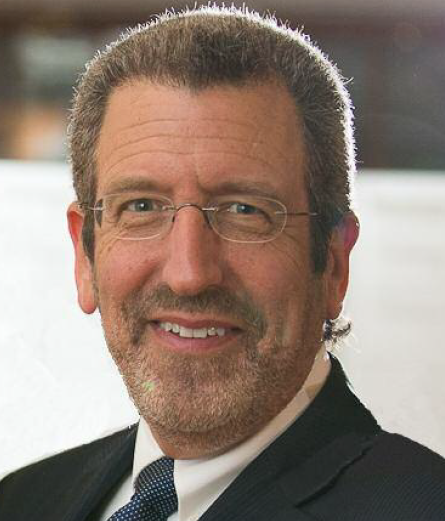Morry Markowitz, President of the Fuel Cell and Hydrogen Energy Association argues why should we wait when fuel cells are leading the global energy transformation today
The world is undergoing an energy transformation and with that, the demand for cleaner, more reliable power is growing. Fuel cells are answering the call – emerging as the ‘go-to’ technology solution for a wide range of market sectors, from transportation to stationary to portable/off-grid – and are enabling the transition to renewable energy around the world. Fuel cells generate energy through an electrochemical reaction of hydrogen and oxygen, not combustion, and when pure hydrogen is used for fuel, the only by-products are water and useful heat.
From an energy security standpoint, reducing dependence on imported fuels is key. Hydrogen can be generated from domestic sources – from conventional fuels such as natural gas to biogas generated from landfills, wastewater treatment plants, industrial farms, or food processing facilities. Hydrogen can also be produced using electricity, from the grid or renewable sources such as solar or wind power, to split water. A fuel cell will continue to operate as long as fuel is provided, ensuring continuous, reliable power, which is critical to so many industries, governments, and the citizens they serve. Stationary fuel cells can operate in tandem with – or independent of – the grid and have proved their resilience through several major storms and power outages, servicing communications networks, grocery stores and emergency shelters.
In addition to power, the by-product heat from a fuel cell can be captured and used at the end-user facility for heating or cooling, boosting overall efficiency to more than 90%. Fuel cells are also durable, quiet, and lightweight, allowing for flexible siting – inside, outside, underground or on the roof.
Fuel cells can be scaled to virtually any size to fit any power need, which is why the technology is being deployed in a range of markets. Customers today range from some of the largest global corporations to mom-and-pop small businesses, as well as utilities,
municipalities, military branches, and more. Fuel cells are currently providing power to retail sites, data centres, telecommunications and railroad networks, wastewater treatment plants, hospitals, universities, and other sites.
In the transportation and mobility sector, more than 23,000 fuel cell-powered forklifts are operating in warehouses and distribution centres across the U.S. and fuel cell buses are transporting passengers in multiple states in the U.S., as well as numerous countries abroad.
Recent momentum and announcements in fuel cells for heavy-duty trucking and medium-duty delivery vehicles has spurred significant interest and activity from major companies as current demonstrations show the potential for the technology to make a big environmental and economic impact in this sector. For individual consumers in Japan and parts of Europe,
fuel cell systems can be purchased to power homes and apartments. In California and several countries around the world, zero-emission fuel cell vehicles from top automakers are available for sale or lease.
Collectively in all these markets, there are hundreds of thousands of fuel cells in operation around the world today, and the United States is out front as an international leader for this innovative technology. This success in the U.S. is due in large part to the support of committed state and local governments, as well as public-private partnerships, a committed industry manufacturing and exporting products, and a strong foundation of R&D through academia, the U.S. Department of Energy, and the National Laboratories.
As more customers experience the benefits of fuel cells, applications for these technologies are expanding to include ground support equipment at airports and ports, mobile lighting, unmanned land, air and sea vehicles, remote and portable power for the military, and community micro-grids. New opportunities are also emerging, including in energy storage and powerto-gas, to help transition to the large-scale and worldwide adoption of renewable energy.
With a technology that can meet the size and power requirements of virtually any application, powered by a fuel that can be produced from both conventional and renewable feedstocks and a proven record of environmental and economic benefits, the potential of
fuel cells is limitless. Fuel cells are here today and already making a huge impact helping transition the world to a better tomorrow.
Morry Markowitz
President
Fuel Cell and Hydrogen Energy Association
Tel: +1 202 261 1331
info@fchea.org
www.fchea.org
www.twitter.com/FCHEA_News











